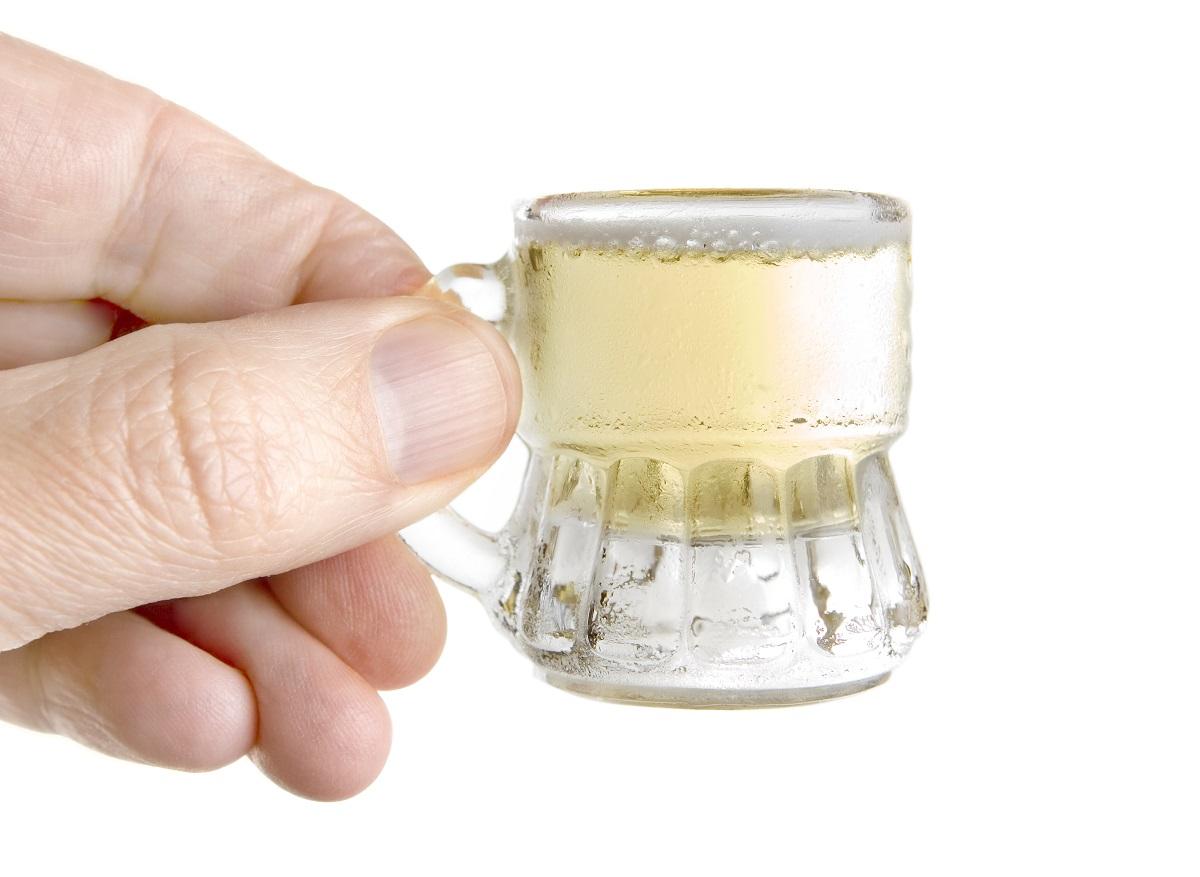One in five French people used tranquilizers during the year. The number of users is on the rise again, especially among seniors. The drug agency wants to change consumption habits.

After a decline that began ten years ago, the consumption of tranquilizers has been on the rise since 2009. Each year, one in five French people consume at least one of these products which act on the central nervous system. Also in 2009, our country was in 2th position for the consumption of anxiolytics after Portugal and still in 2th position after Sweden for sleeping pills. This is the state of play that the Afssaps, the drug agency, has just drawn up on the consumption of tranquilizers in our country.
One in 3 women between the ages of 70 and 75
The number of users increases with age and 60% are women. Between the ages of 70 and 75, one in three women takes a tranquilizer also called a benzodiazepine. But for psychiatrists, these molecules are of great service and represent a good alternative to heavier treatments such as antidepressants, antihistamines or even neuroleptics that are prescribed, for example in the case of Alzheimer’s disease.
Dr Armelle Desplanques, doctor in charge of pilot programs at the Haute Autorité de Santé: “If you replace tranquilizers, pay attention to quality of life”.
If the Medicines Agency is worried about this recovery, it is because these treatments are not trivial and have a certain iatrogenic effect. Used improperly or in excess, they can cause memory and behavior disorders, a risk of physical and psychological dependence with a withdrawal syndrome on discontinuation of treatment. And in the elderly they also increase the risk of falls and fractures. They have also been implicated in road accidents, leading to a decrease in vigilance.
Too long uses over time
The Afssaps also points to the durations of use of tranquilizers. In fact, one in two patients takes benzodiazepines for more than 7 months. However, the maximum duration of treatment is only one month in insomnia and 3 months in anxiety.
This is why Afssaps wants to limit access to these molecules by securing prescriptions while correctly informing general practitioners who are the main prescribers. In short, as with antibiotics, tranquilizers “it’s not automatic”!
.















